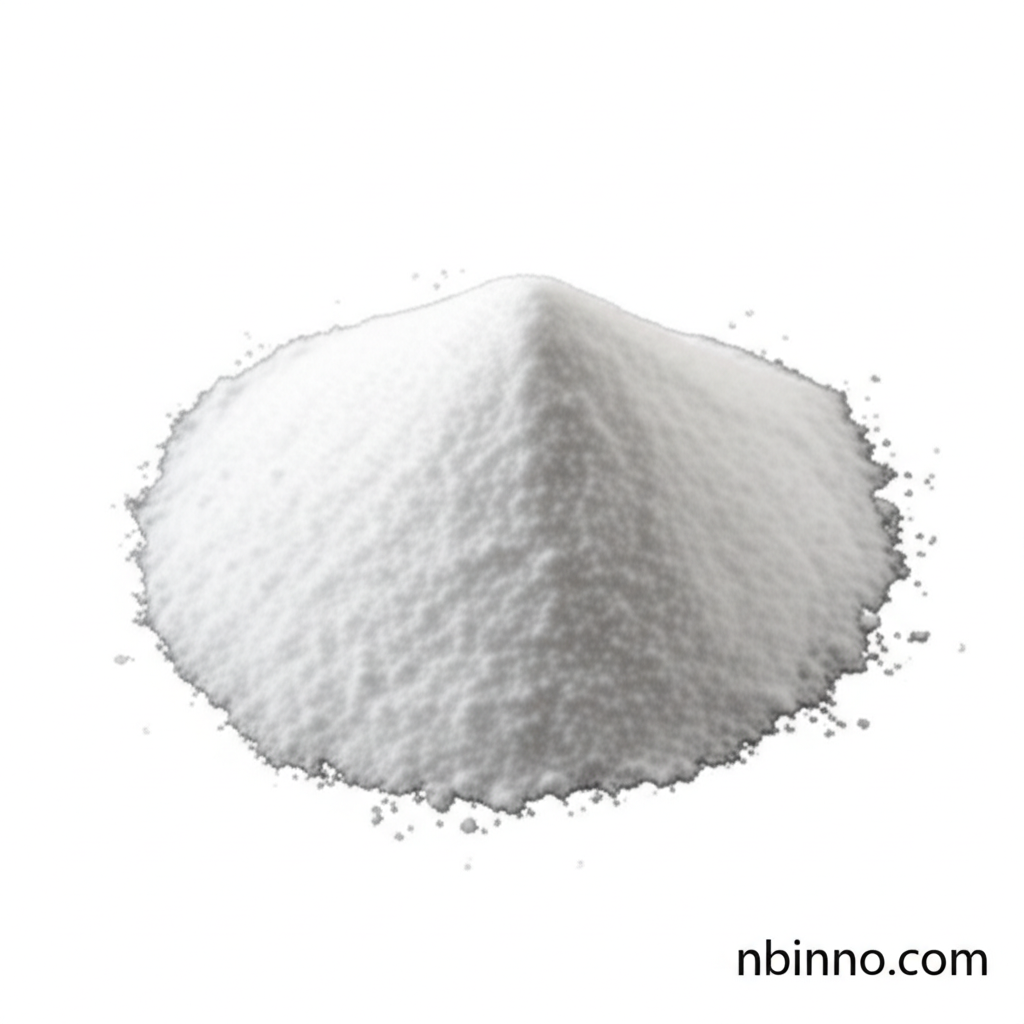D-Glucurono-3,6-lactone: Applications, Benefits, and Chemical Properties
Discover the versatile applications and key chemical properties of D-Glucurono-3,6-lactone, a crucial intermediate in synthesis.
Get a Quote & SampleProduct Core Value

D-Glucurono-3,6-lactone
D-Glucurono-3,6-lactone (CAS 32449-92-6) is a vital glucuronic acid derivative, valued as a key chemical intermediate in various complex organic synthesis procedures. Its utility spans from being a starting reagent in the creation of intricate molecules to playing a role in understanding biological processes.
- This compound is instrumental in the synthesis of 2,3,4,-tris(tert.-butyldimethysilyl) glucuronic acid trichloroethylester, a crucial step in preparing intermediates for anti-inflammatory drugs.
- Researchers utilize D-Glucurono-3,6-lactone to investigate the complex ascorbic acid biosynthesis pathway, contributing to advancements in nutritional science.
- The compound's role as a starting material for optically active glucopyranoses highlights its importance in stereoselective synthesis.
- Understanding the glucuronolactone in energy drinks topic provides insights into its metabolic fate and potential physiological impacts.
Advantages You Gain
Versatile Synthesis Intermediate
Leverage D-Glucurono-3,6-lactone as a key building block in your organic synthesis projects, enabling the creation of advanced chemical compounds.
Research and Development Support
This product is essential for studies exploring metabolic pathways, including the synthesis of ascorbic acid, aiding your research endeavors.
High Purity Standard
With a purity of ≥99%, ensure reliable and reproducible results in your critical applications by using a high-quality fine chemical.
Key Applications
Organic Synthesis
Used as a crucial intermediate in the synthesis of complex organic molecules, including pharmaceutical precursors and optically active carbohydrates, thereby supporting advanced chemical synthesis.
Biochemical Research
Essential for studies on metabolic pathways, such as the biosynthesis of ascorbic acid, providing valuable insights into biological processes and potential therapeutic targets.
Pharmaceutical Intermediates
Serves as a key starting material in the preparation of intermediates required for the synthesis of various pharmaceutical compounds, enhancing drug development.
Material Science
Its unique structure makes it a candidate for research in developing novel materials and functionalized compounds.
